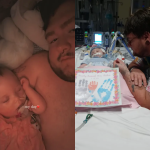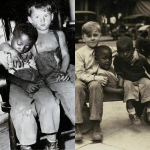The Tragic Journey of Iryna Zarutska A Refugee’s Search for Safety That Ended in Silence
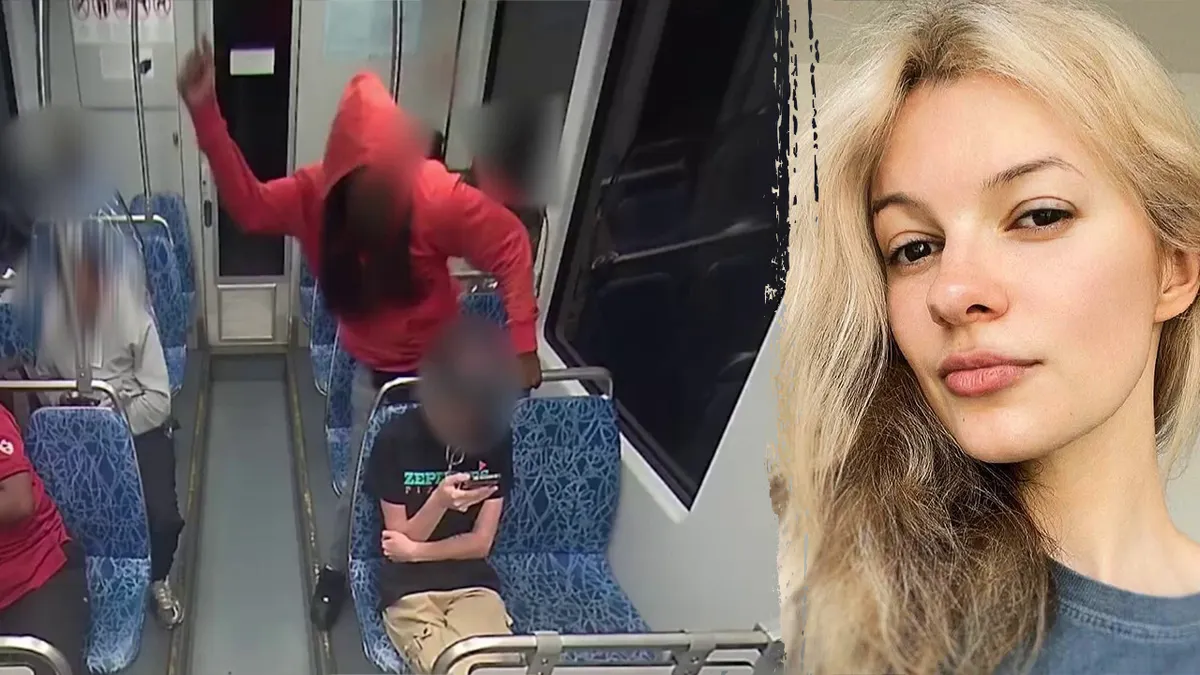
The story of Iryna Zarutska, a 23-year-old Ukrainian refugee, has left many across the world heartbroken. What began as a hopeful new chapter in America ended in tragedy on a commuter train in North Carolina — not only because of the violent act that took her life, but also because of what followed: the silence of those around her.
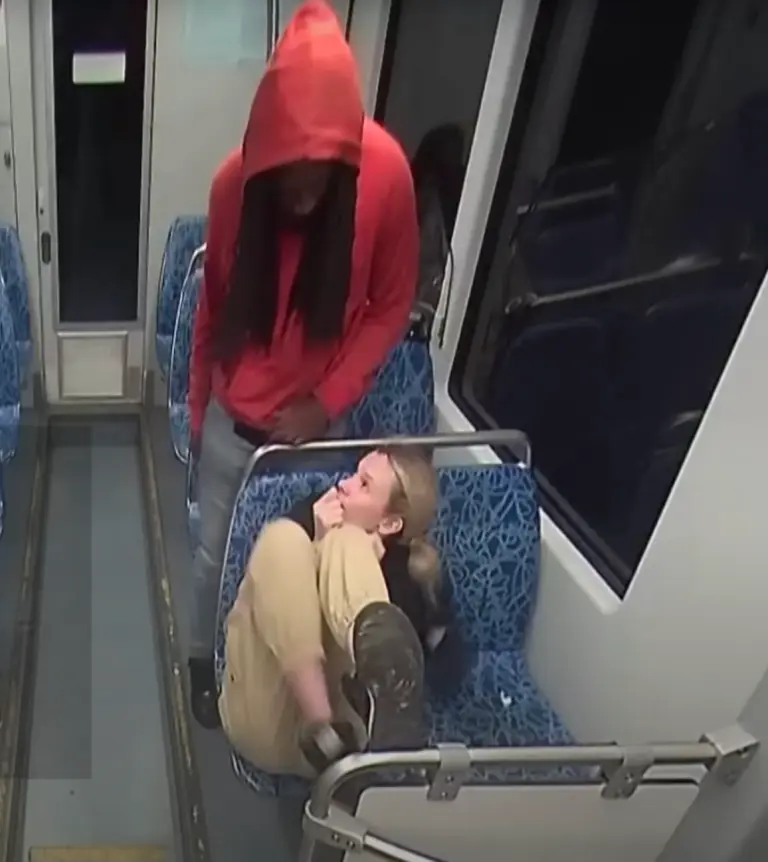
According to reports, Zarutska was on her daily train ride when she was suddenly attacked by a man with a long history of criminal behavior. The incident was captured on security footage, and what shocked people most was not just the act itself but the lack of immediate response from nearby passengers. In those crucial moments, few seemed to move, unsure of what to do as the young woman collapsed.
For many, the footage served as a painful mirror reflecting something deeper — a growing numbness in society. Viewers watched as precious seconds passed before anyone approached Zarutska. Eventually, one man called for help and tried to comfort her until emergency responders arrived, but by then it was too late.
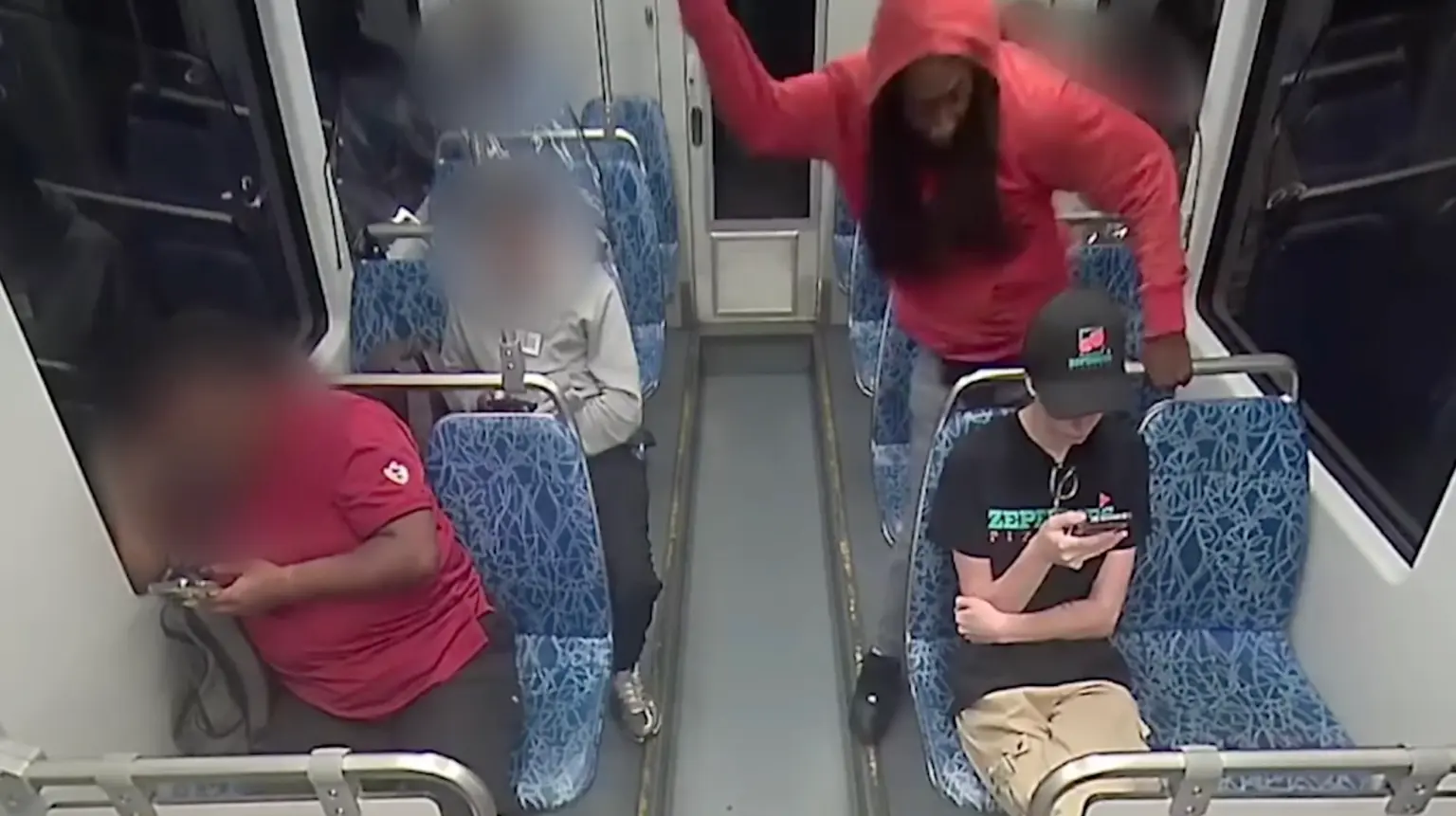
Iryna had come to the United States seeking safety from the war in her homeland. Friends say she was full of hope, kindness, and a deep appreciation for her new life. America represented peace and opportunity — a place where she could rebuild. Instead, she became a victim of the very instability she had escaped.
The tragedy has sparked difficult conversations about compassion, fear, and public responsibility. Some social media users suggested that bystanders may hesitate to intervene today out of fear of legal or social consequences. Others argue that modern life — defined by isolation and distraction — has weakened our instinct to help.

But beyond the debates lies a more personal question: what does it say about us when a person in distress can suffer in full view of others, and no one reaches out right away? It is a question that has haunted many who watched the incident unfold.
Commentators have compared Zarutska’s story to other recent moments where strangers did step forward, risking their own safety to protect others. The contrast is striking — and painful. It highlights how fragile empathy has become in a world too often consumed by fear, indifference, or the endless glow of phone screens.

Even the way the tragedy was covered by parts of the media has drawn criticism. Some reports focused less on the event itself and more on the reactions it triggered online, leaving many feeling that the true human story was lost amid political narratives.
Zarutska’s death is more than a case study in crime or policy failure. It is a reflection of something much more profound: a loss of connection, of shared responsibility, and of the simple humanity that binds people together.

She came to America searching for peace — a place to live freely, without fear. What she found instead was a heartbreaking reminder that safety is not just about laws or systems, but about people caring enough to stand up for one another.




